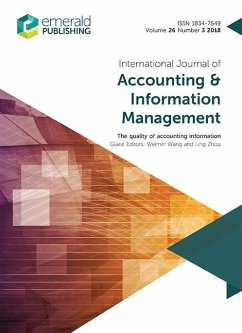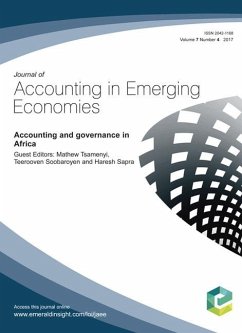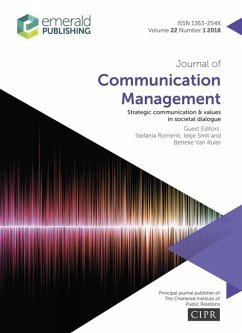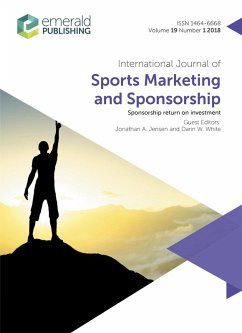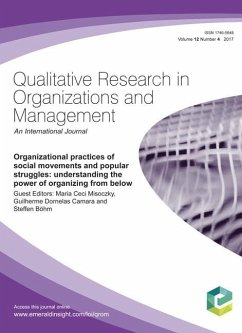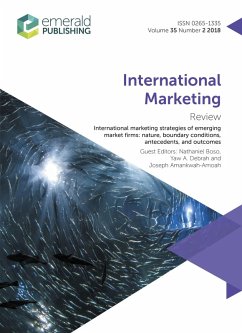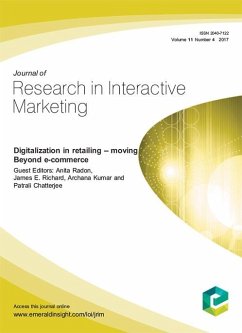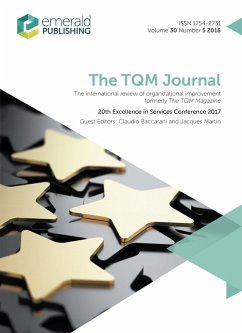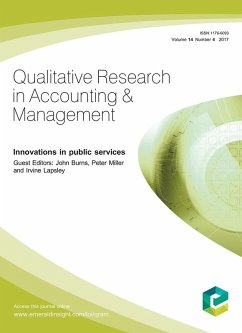
Forensic Accounting Teaching and Research (eBook, PDF)

PAYBACK Punkte
53 °P sammeln!
The field of forensic accounting has received increased prominence in the 21st Century. Widely publicised financial scandals have certainly been a contributing factor. Enron, Worldcom, the Global Financial Crisis and the Panama Papers are just a few recognisable names from worldwide headlines. Scandals at HIH Insurance, Olympus, the Australian Health Services Union Fraud and Dick Smith are but a few regional examples. The Association of Certified Fraud Examiners (2016) reports that a typical organisation loses an alarming 5% of revenues to fraud. The association's CFE designation is becoming m...
The field of forensic accounting has received increased prominence in the 21st Century. Widely publicised financial scandals have certainly been a contributing factor. Enron, Worldcom, the Global Financial Crisis and the Panama Papers are just a few recognisable names from worldwide headlines. Scandals at HIH Insurance, Olympus, the Australian Health Services Union Fraud and Dick Smith are but a few regional examples. The Association of Certified Fraud Examiners (2016) reports that a typical organisation loses an alarming 5% of revenues to fraud. The association's CFE designation is becoming more recognised worldwide. In the United States, the rise of forensic accounting as a distinct discipline has been recognised by the American Accounting Association with the creation of a new journal dedicated to the topic, the Journal of Forensic Accounting Research. The discipline is less mature in the Pacific Region, but it is growing. A Forensic Accounting specialisation can now be found in some accounting bodies, such as the Chartered Accountants Australia and New Zealand. Overall, Botes and Saadeh, in this issue, point out that rigorous academic research has not kept pace with the field's growth. Producing more publishable academic research is an important way to develop the field, something to which this special issue contributes. We believe this will be a future trend.
Dieser Download kann aus rechtlichen Gründen nur mit Rechnungsadresse in A, B, BG, CY, CZ, D, DK, EW, E, FIN, F, GR, HR, H, IRL, I, LT, L, LR, M, NL, PL, P, R, S, SLO, SK ausgeliefert werden.




